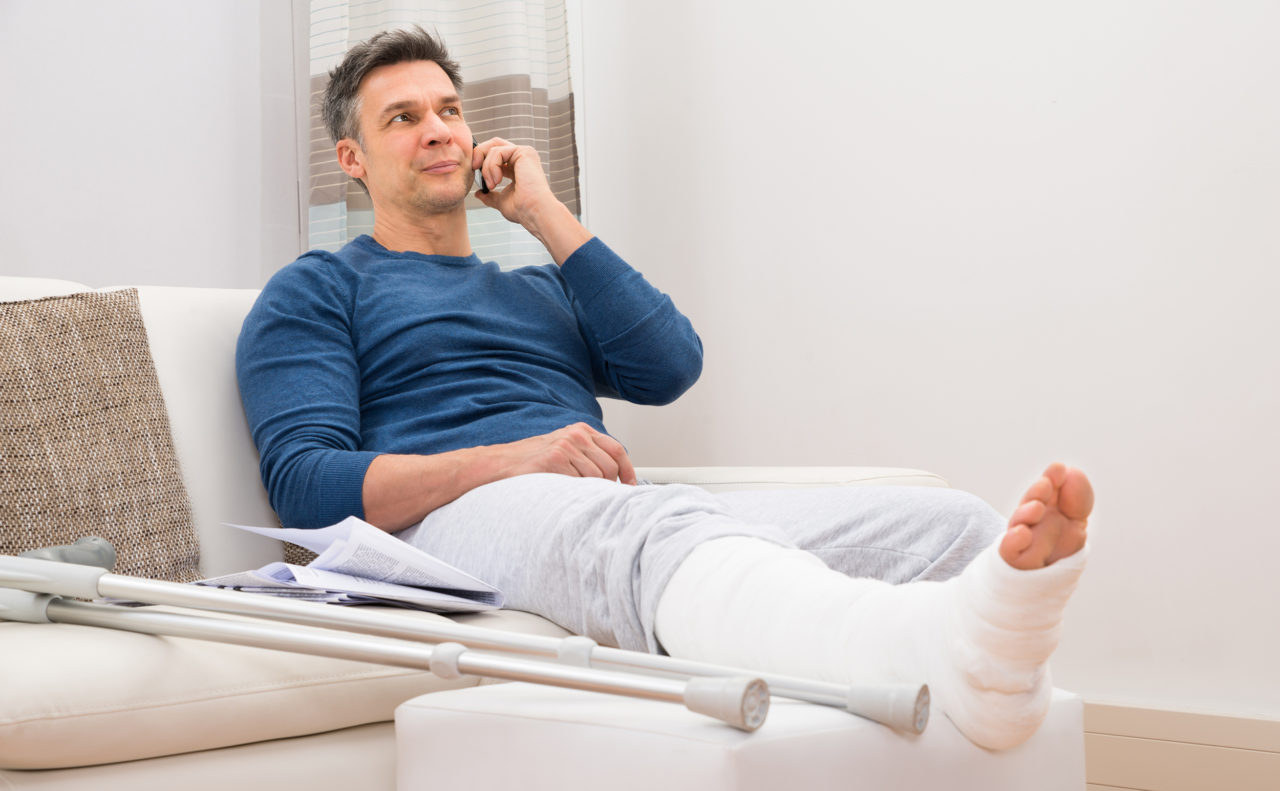Suffering a personal injury can be a physically, emotionally, and financially challenging experience. While it’s essential to focus on your recovery, taking the right steps immediately after the incident is crucial to protect your rights and seek the compensation you may be entitled to. In this article, we will outline the important steps to take right after suffering a personal injury to ensure your well-being and safeguard your legal interests.
Seek Immediate Medical Attention
Your health should be your top priority. If you or anyone else involved in the incident requires medical attention, call 911 or visit the nearest hospital or medical facility without delay. Even if you believe your injuries are minor, it’s essential to have a medical evaluation to document your condition and start the treatment process.
Report the Incident
- Depending on the nature of the personal injury, report the incident to the appropriate authorities. For example:
- In a car accident, report the incident to the police, who will create an accident report.
- In a slip and fall accident on someone else’s property, report it to the property owner or manager.
- In a workplace injury, report the incident to your employer or supervisor.
- A formal report helps create a record of the incident, which can be essential for your case.
Gather Information and Evidence
As soon as it is safe to do so, gather information and evidence related to the incident. This may include:
- Names and contact information of all parties involved, including witnesses.
- Photographs or videos of the accident scene, your injuries, and any contributing factors.
- Relevant documents, such as insurance information, medical records, and incident reports.
- Preserving evidence is crucial for supporting your personal injury claim.
Consult with a Personal Injury Attorney
Once your immediate medical needs have been addressed, consider consulting with a personal injury attorney. These legal professionals can provide valuable guidance on your rights and the steps to take next. Many personal injury attorneys offer free initial consultations, during which they can assess your case and help you understand your legal options.

Notify Relevant Parties
Depending on the nature of the incident, you may need to notify various parties:
- If it’s a car accident, notify your insurance company.
- If it’s a workplace injury, notify your employer.
- If it’s a slip and fall on someone else’s property, notify the property owner or manager.
- If you believe the injury resulted from another party’s negligence, notify the responsible party, although it’s advisable to consult with an attorney before doing so.
Document Your Injuries and Recovery
Maintain detailed records of your injuries and recovery process. Keep track of medical appointments, treatments, medications, and any communication with healthcare providers. This documentation is crucial for building your case and establishing the extent of your damages.
Limit Communication with Others
Be cautious when discussing the incident, your injuries, or your case with others, especially the opposing party’s insurance adjusters. What you say can be used against you in negotiations or in court. Consult with your attorney before providing any statements.
Do Not Accept Early Settlement Offers
Insurance companies may make early settlement offers in an attempt to close the case quickly and pay as little as possible. It’s typically unwise to accept these offers without consulting a personal injury attorney. An attorney can help you determine the fair value of your case and negotiate on your behalf.
Conclusion
Suffering a personal injury can be a life-altering event, but taking the right steps immediately after the incident is essential to protect your well-being and legal rights. Seek medical attention, report the incident, gather evidence, consult with a personal injury attorney, and document your injuries and recovery process. By following these steps, you can increase your chances of obtaining fair compensation for your injuries and losses, allowing you to focus on your recovery and well-being.
